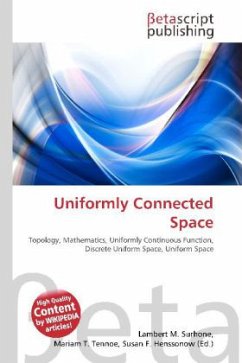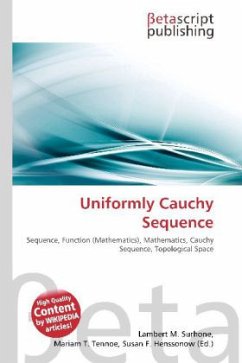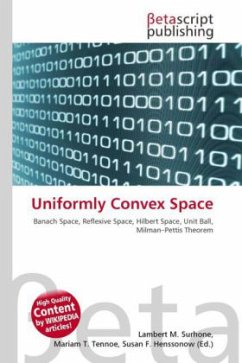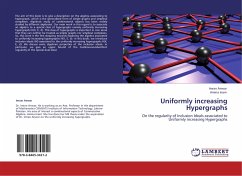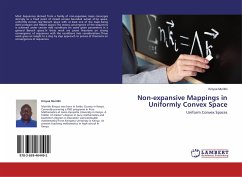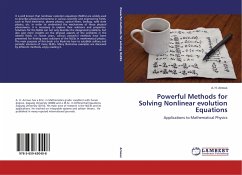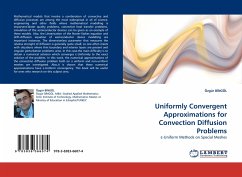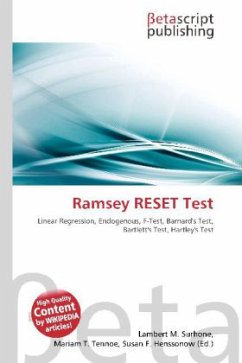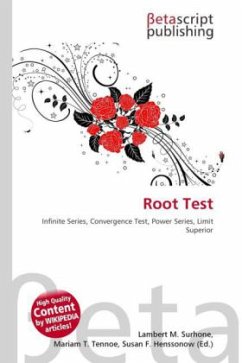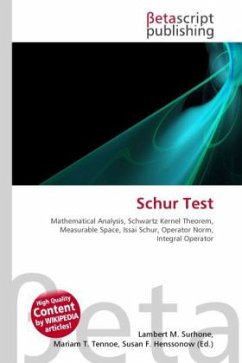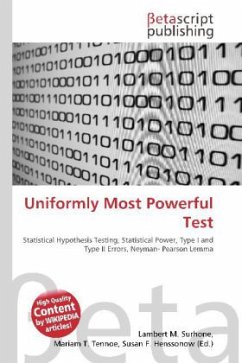
Uniformly Most Powerful Test
Versandkostenfrei!
Versandfertig in 6-10 Tagen
19,99 €
inkl. MwSt.

PAYBACK Punkte
10 °P sammeln!
Please note that the content of this book primarily consists of articles available from Wikipedia or other free sources online. In statistical hypothesis testing, a uniformly most powerful (UMP) test is a hypothesis test which has the greatest power 1 among all possible tests of a given size . For example, according to the Neyman-Pearson lemma, the likelihood-ratio test is UMP for testing simple (point) hypotheses.Let X denote a random vector (corresponding to the measurements), taken from a parametrized family of probability density functions or probability mass functions f (x), which depends...
Please note that the content of this book primarily consists of articles available from Wikipedia or other free sources online. In statistical hypothesis testing, a uniformly most powerful (UMP) test is a hypothesis test which has the greatest power 1 among all possible tests of a given size . For example, according to the Neyman-Pearson lemma, the likelihood-ratio test is UMP for testing simple (point) hypotheses.Let X denote a random vector (corresponding to the measurements), taken from a parametrized family of probability density functions or probability mass functions f (x), which depends on the unknown deterministic parameter theta in Theta. The parameter space is partitioned into two disjoint sets 0 and 1. Let H0 denote the hypothesis that theta in Theta_0, and let H1 denote the hypothesis that theta in Theta_1. The binary test of hypotheses is performed using a test function (x).



